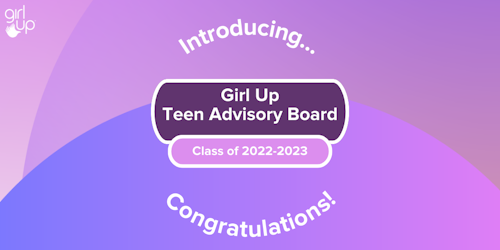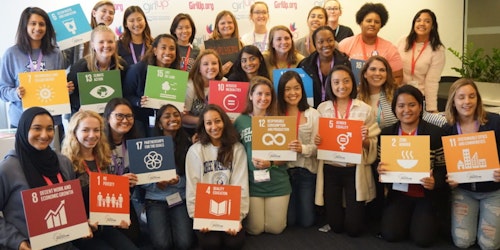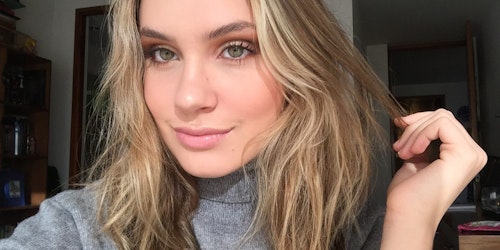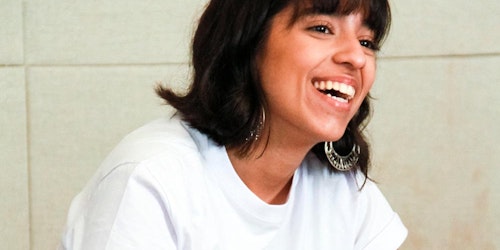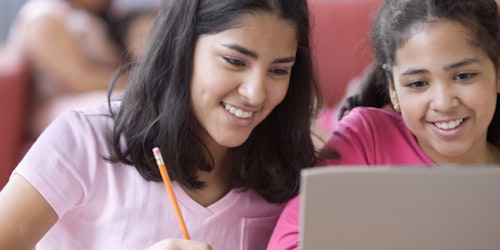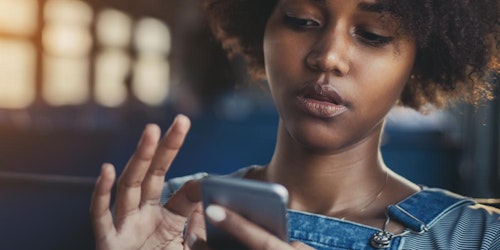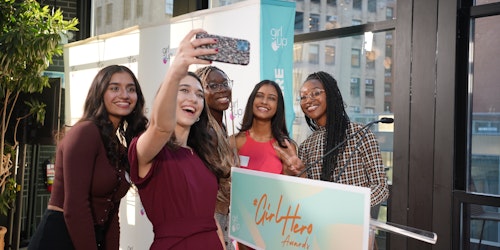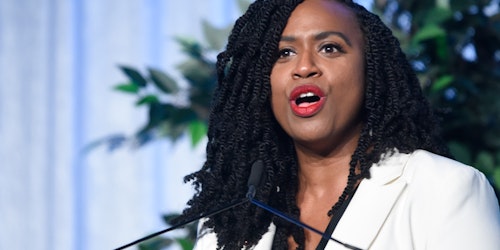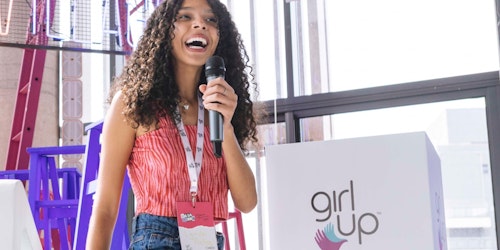As young women, we feel enraged, desperate, and frustrated at the state of sexual and reproductive health, rights, and justice (SRHRJ) around the world. In India, liberal laws mask an unpleasant reality of strictly conservative attitudes enshrining premarital virginity, family honor and moral policing. In Mexico, abortion is legal by the Supreme Court, but each state can create its own practices. In Angola, Brazil, Taiwan and Indonesia, abortion is banned with few exceptions; with the word itself being considered a taboo in the latter. In the US, abortion is now dictated by states, being newly illegal or heavily restricted in more than half. And Colombia, watching the US, may soon follow suit and set back recent progress.
We know that people of color, impoverished communities, LGBTQ+ individuals, and other marginalized groups are disproportionately affected by SRHRJ restrictions. We recognize that the issue is complex and requires an intersectional approach. The privilege of learning about the unique experiences of vulnerable individuals impacted by the lack of SRHRJ in their community is valuable. We must educate ourselves and others so that we can aptly advocate for all. In doing so, we must also cultivate inclusive discourse by using language inclusive of all gender identities.
We must educate ourselves and others so that we can aptly advocate for all.
Teen advisory board, Class of 2022-2023
We envision a world with a cultural and legal shift of society, where abortion would be legal, safe and cost-effective, because bodily autonomy should never require the permission of politicians. We envision a world where the most vulnerable communities are considered and protected, since an SRHRJ-exclusive world disproportionately exponentiates existing inequalities of economic, gender, and social status. We envision a world where female-bodied people are not socio-economically, culturally and religiously charged for natural body functions like menstruation, where sex education and consent are not taboo topics, and where the female body is not sexualised to be controlled and valued more than the person it belongs to.
As youth activists, our job is to build a better world than what we have been offered. It is against all trends of social progress that we, the new generation, should have to fight for the most fundamental rights that were recognized by the courts for generations before us. Thus, it is imperative for us to campaign for an issue area which reflects every aspect of a person’s life, from financial condition, social integration, to physical and mental health.
We urge everyone in the Girl Up family to support their individual communities at a grassroots level. Look for local protests, local funds, and even local abortion clinics. In the US and abroad, it is more important than ever for the female voice to be heard. If you are of a voting age in your country, step up, research your candidates, and help elect pro-choice representatives. Help ensure your school curriculums include proper sexual and reproductive education. Above all, continue to have meaningful, educational discourse about reproductive rights.
Don’t let this issue be forgotten: we need to constantly remind each other what is at stake.
In solidarity,
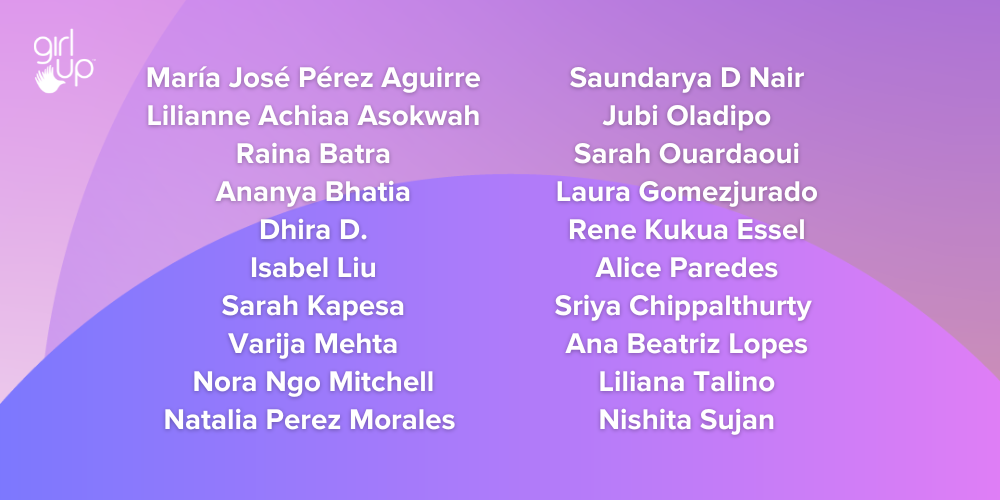
Learn more about Girl Up’s work to protect sexual & productive health, rights, and justice at https://girlup.org/issues/srhrj
